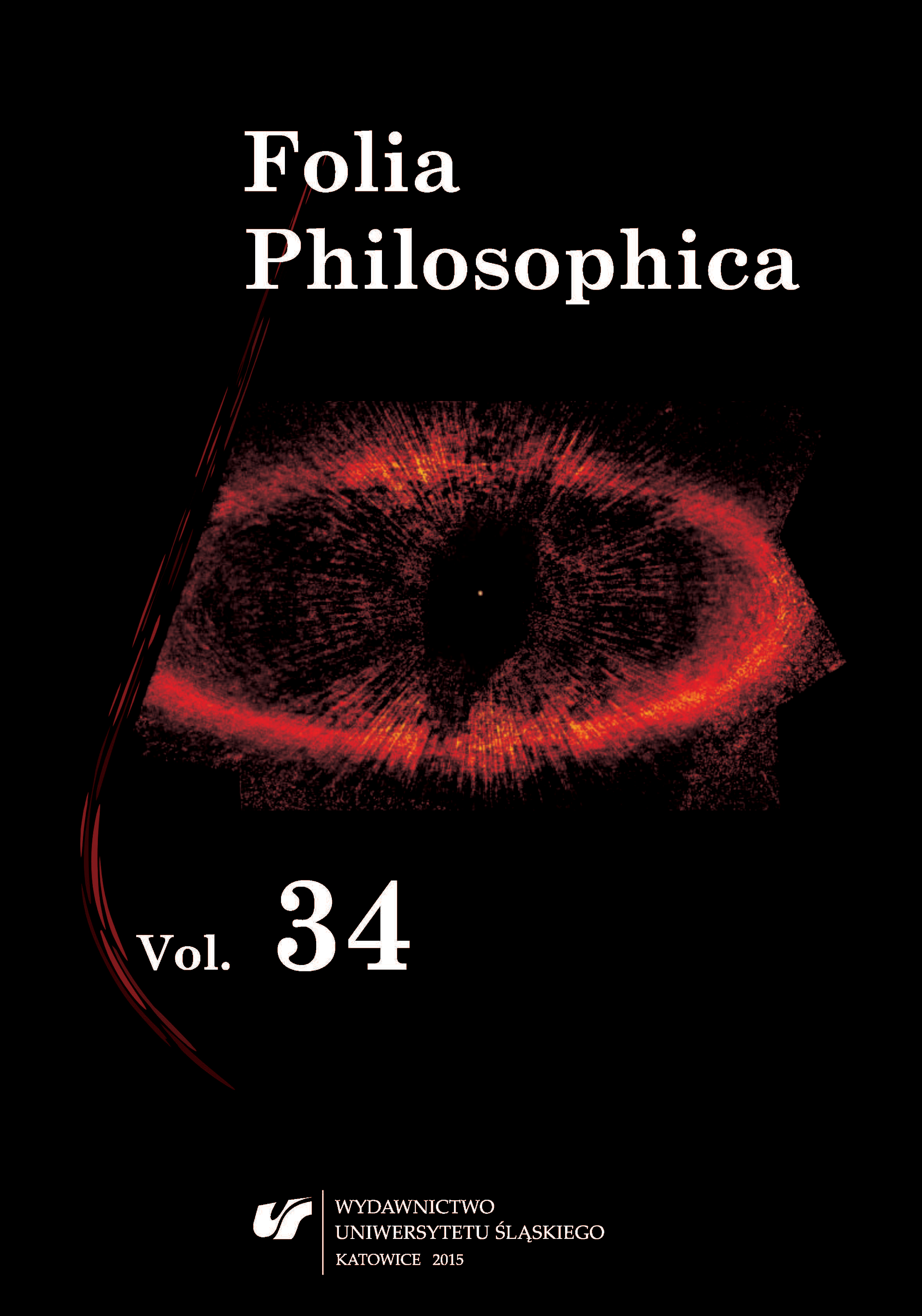Luck, Ignorance, and Moral Attitude
Luck, Ignorance, and Moral Attitude
Author(s): Piotr MachuraSubject(s): Philosophy, Ethics / Practical Philosophy
Published by: Wydawnictwo Uniwersytetu Śląskiego
Keywords: ethics; critical thought; philosophical criticism; moral luck; ignorance; moral attitude
Summary/Abstract: Public opinion has it that ethics should be concerned with studying and providing precise and reliable rules of conduct. This view is based in a long philosophical tradition which begins with the Stoics and continues at least to Kant; it is, however, a false view. There are good reasons to turn our attention to these aspects of moral thinking which refer to and emphasize the element of risk and uncertainty. In the article I briefly discuss two of such reasons: the problem of moral luck and the problem of action based on ignorance. Consideration of these two problems leads to the conclusion that the most tricky element in moral thinking is the firm belief of the subject in the truth of the premises on which they base their actions and in the irrelevance of external factors to the assessment of their deeds. In this light I argue that the basic requirement for a moral justification of a particular action is not its conformity to a certain set of rules but the subject’s critical reflection on their course of action. Indeed, what turns an attitude into a moral attitude is an amoral, epistemological factor: criticism and openness to uncertainty.
Journal: Folia Philosophica
- Issue Year: 2015
- Issue No: 34
- Page Range: 231-250
- Page Count: 20
- Language: English

